In this penultimate episode of our first season, Richard and I share insights and experiences into the personal impacts and broader cultural implications of AI. Richard, ever the analytical mind, points out that they're nearing the end of the season. Time has flown, and we are already approaching the year's end.
This season has been dedicated to understanding AI's role in shaping culture. While a recap episode is in the pipeline, today's discussion is more personal, an exploration of how generative AI has touched our own lives.
Richard starts by reminiscing about how computing, initially a tool for mathematicians and philosophers, has now become accessible to everyone thanks to personal computers. Drawing a parallel, he suggests that generative AI is treading a similar path.
Reflecting on his own experiences, Richard acknowledges his initial apprehensions surrounding generative AI. For many, the advent of such technology, especially after challenges like the pandemic, political instability, and climate change, brought forth fears of job losses and even dystopian futures.
What was once seen as science fiction, like the Matrix, now feels eerily close to reality.
However, generative AI can also be a powerful creative tool. He's been particularly interested in how it's transformed education. Traditional assignments, easily completed by AI, have prompted him to redesign his teaching approach. He's also intrigued by its potential for fostering creativity, such as generating poems or songs.
For me, generative AI has been an invaluable creative companion. Leveraging platforms like ChatGPT and Mid Journey, I have been able to transform ideas into multimedia content, including this very podcast and newsletter! This amalgamation of text, images, and videos, offers a fresh and more holistic way of intellectual expression.
Practice makes perfect - repeated engagement is needed to truly harness the potential of AI. While we are cautious about wholly replacing traditional research methods with AI, we see its value as a supplementary tool. AI can be a powerful ally, if we are aware of its limitations. The potential of being misled is real, especially when one isn't familiar with a subject.
Both Richard and I agree that the integration of various AI tools can lead to a richer, more diverse creative experience. Whether it's through multimedia content creation or reshaping traditional teaching methods, generative AI has carved a niche for itself, promising exciting possibilities for the future.
More next week in the closing episode of this season.

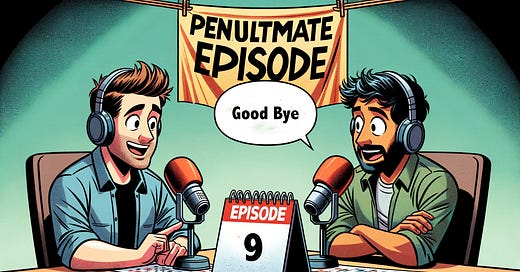




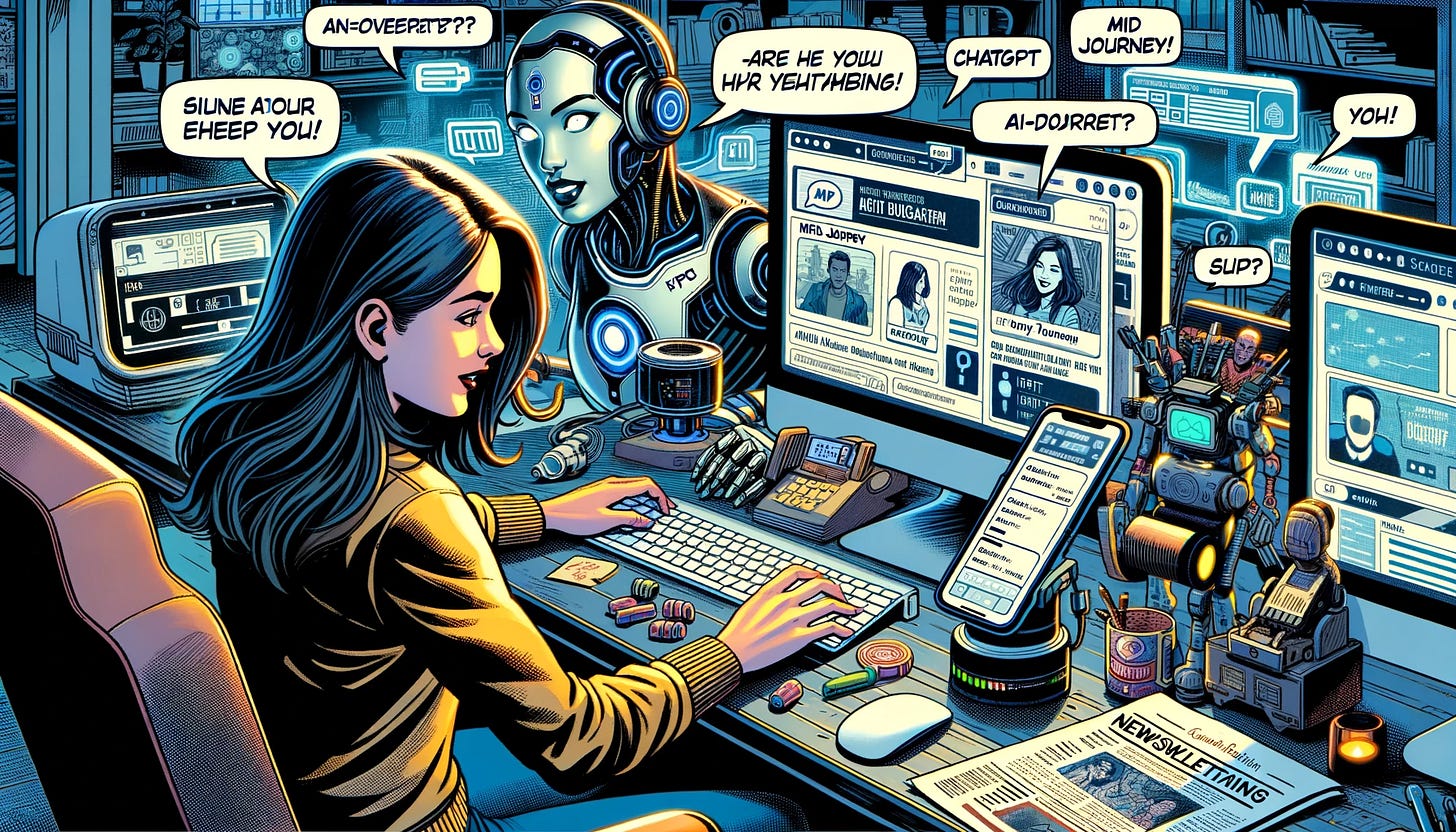

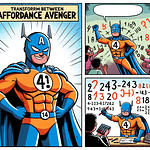



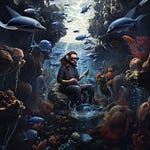

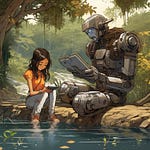
Share this post